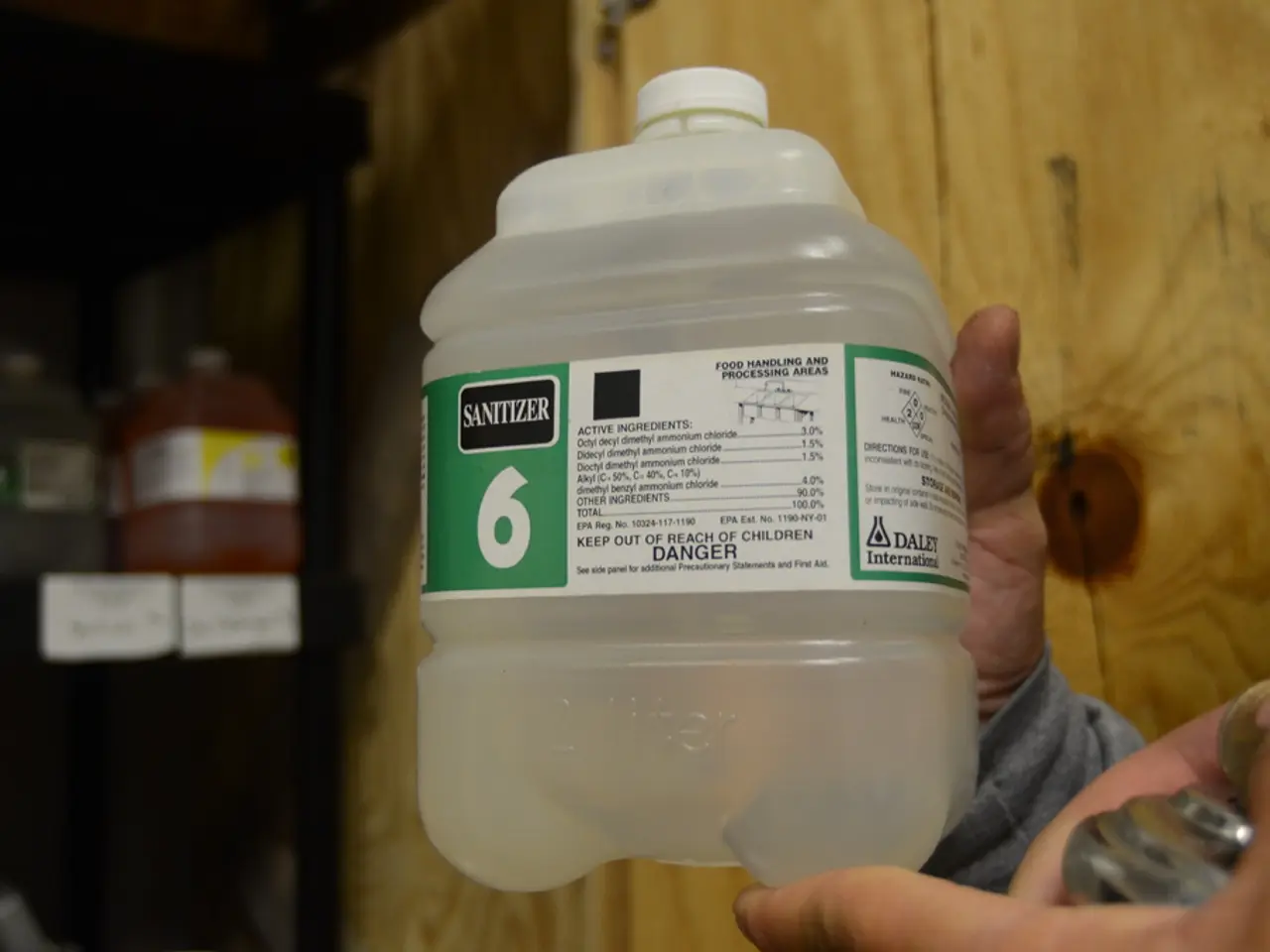Human Bacteria Unveil Fresh Understandings Regarding Human Decision Processes
In a fascinating intersection of biology and human behaviour, ongoing research is revealing that the survival strategies employed by bacteria can provide valuable models for human decision-making and long-term survival.
By studying how bacteria collectively weigh survival strategies, insights into human decision processes are gained. This principle can be applied to human decision-making by designing decision support systems that effectively synthesize diverse data sources.
Bacterial survival strategies in response to stress—such as slowing metabolism, activating coordinated stress responses, entering dormancy, and establishing cooperative interactions—offer valuable models for human decision-making and long-term survival by highlighting the importance of adaptability, resource management, cooperation, and stress modulation.
Key bacterial mechanisms include the stringent response mediated by (p)ppGpp, stress-induced dormancy, cooperation under resource scarcity, and adaptation via genome regulation and stress sensing.
Translating these insights to human decision-making and survival, adaptive resource management is crucial. Like bacteria downregulating metabolism under scarcity, humans benefit from conserving resources, slowing down nonessential activities, and allocating efforts strategically during crises (e.g., economic downturns, environmental stress).
Stress response coordination is another vital aspect. Integrating physiological, cognitive, and social stress responses—analogous to bacterial coordinated gene regulation—can improve resilience and problem-solving in difficult situations.
Social cooperation and interdependence are also essential for human survival. Humans, as social beings, increase survival chances by forming cooperative networks especially when resources are limited or risks are high, parallel to bacterial obligate mutualisms under stress.
Cognitive flexibility and neuroplasticity influenced by microbiota are also emerging areas of research. Links between gut microbiota stress responses and neuroplasticity and cognitive functions (e.g., learning, memory) suggest that managing internal and external environments impacts human adaptability at both biological and behavioral levels.
In summary, the bacterial strategies of stress sensing, metabolic adaptation, dormancy, and mutual cooperation provide a biological framework that human societies and individuals can analogously apply to optimize decision-making and ensure resilience and survival over time. The emerging field of studying bacterial survival mechanisms offers promising avenues for enhancing our collective decision-making and resilience in the face of global threats.
[1] Reference 1 [2] Reference 2 [3] Reference 3 [4] Reference 4 [5] Reference 5








